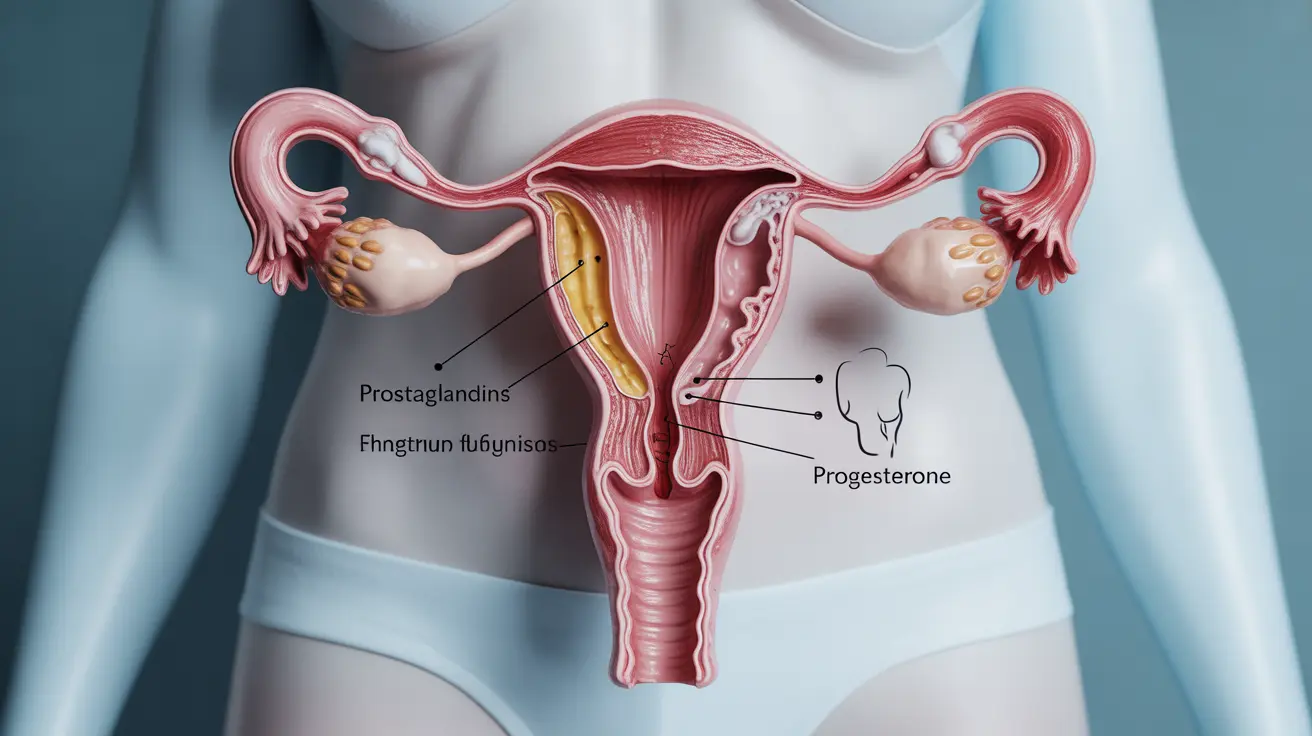If you've noticed increased gas or flatulence during your menstrual cycle, you're not alone. Period-related gas is a common experience that affects many menstruating individuals, though it's not frequently discussed. Understanding why this happens and how to manage it can help you feel more comfortable during your monthly cycle.
This comprehensive guide explores the connection between menstruation and digestive changes, offering practical solutions for managing period-related gas and bloating effectively.
The Hormonal Connection
During menstruation, your body experiences significant hormonal fluctuations that directly impact your digestive system. Two key hormones, prostaglandins and progesterone, play crucial roles in these changes:
- Prostaglandins can increase intestinal contractions
- Progesterone levels affect digestive speed
- These hormonal shifts can lead to increased gas production
Common Triggers During Menstruation
Several factors can contribute to increased gas production during your period:
Dietary Influences
Certain foods may exacerbate gas production during menstruation:
- Dairy products
- Beans and legumes
- Carbonated beverages
- High-sodium foods
- Cruciferous vegetables
Physical Changes
Your body undergoes various physical changes during menstruation that can affect digestion:
- Slower digestive transit time
- Changes in gut bacteria
- Increased water retention
- Digestive muscle tension
Managing Period-Related Gas
There are several effective strategies for reducing gas and bloating during your period:
Dietary Modifications
Making temporary adjustments to your diet can help minimize gas:
- Choose easily digestible foods
- Eat smaller, frequent meals
- Stay hydrated with plain water
- Limit caffeine and alcohol
Lifestyle Changes
Incorporating these habits can improve digestive comfort:
- Regular physical activity
- Stress management techniques
- Adequate sleep
- Gentle stretching exercises
When to Seek Medical Advice
While period-related gas is typically normal, certain symptoms warrant medical attention:
- Severe, persistent abdominal pain
- Excessive bloating that interferes with daily activities
- Significant changes in bowel habits
- Unusual or persistent digestive symptoms
Frequently Asked Questions
Why do I fart more during my period and what causes period farts? Increased flatulence during menstruation is primarily caused by hormonal changes, particularly prostaglandins and progesterone, which affect digestive function and can lead to increased gas production.
What foods should I avoid to reduce gas and bloating during menstruation? Consider temporarily reducing intake of gas-producing foods such as dairy, beans, carbonated drinks, and cruciferous vegetables. Focus on easily digestible foods and maintain proper hydration.
Are period farts normal, and when should I be concerned about excessive gas during my period? Period-related gas is completely normal. However, seek medical attention if you experience severe pain, excessive bloating that affects daily activities, or unusual digestive symptoms.
How do hormonal changes during the menstrual cycle affect digestion and cause increased flatulence? Hormonal fluctuations during menstruation can slow digestive transit time, alter gut bacteria, and affect intestinal muscle contractions, all of which can lead to increased gas production.
What practical steps can I take to manage or prevent uncomfortable period farts and bloating? Implement dietary modifications, stay physically active, practice stress management, maintain good sleep habits, and consider gentle exercises. Regular meals and proper hydration also help manage symptoms.




